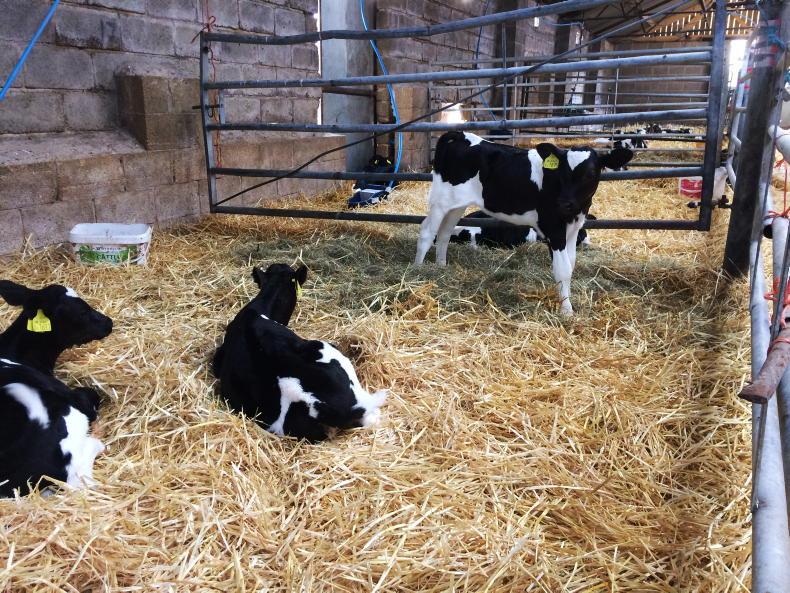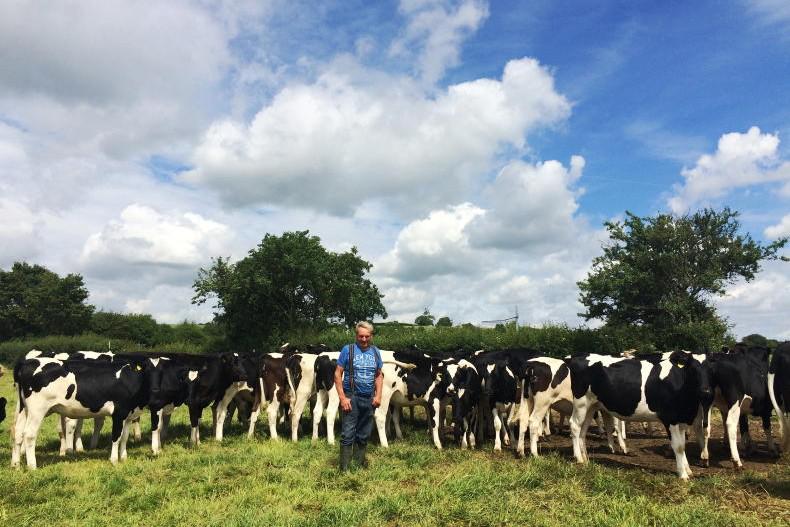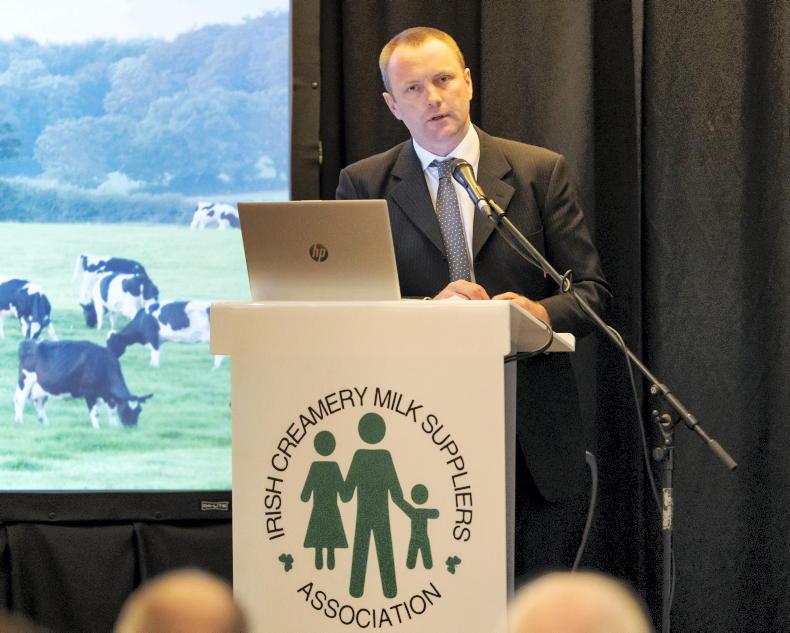The older I get, the more I realise that the SAS motto “who dares wins” often works.
I know I am getting old and grumpy, but it does irritate me that large, housed year-round herds on total mixed ration on dedicated contracts yield 5p/l milk price above mine by opening the door and allowing the herd out into grazing a sacrificial paddock for a short time each day.
This equates to milk produced from grass!
On the other hand, would I want to face an impromptu annual inspection with 20 minutes notice?
Close to the waterline
However, even though those on the dedicated contract ships are floating high in the water price-wise, I am quite happy where my buyer First Milk (FM) is at the moment.
I see some who left FM for an extra penny and are now on contracts that are perilously close to the waterline.
They have my deepest sympathy, as many have left at a time when the future of FM seemed very uncertain.
The biggest plus with FM is that it is an evergreen contract. If we left and went to another buyer, after 12 months if oversupply occurred, we could be last in, first out.
I hear of a group of 14 farmers who were geographically in the wrong place for their milk buyer and were given notice to quit.
Ten have now ceased production - gone are the days when the co-op was there as a safety net for them.
It is very rewarding to me to hear that as many producers are waiting to join FM. Farmers are now realising that some milk contracts are, like milk itself, a perishable product.
Spring calving
We are well into the spring calving period; so far, fingers crossed, all is going well.
Last autumn, we had endless problems with cows not performing contractions, so much so that I started to lose my nerve.
Fortunately, the other end of the table wrote an article in the Dairy Farmer highlighting the problem.
This resulted in a phone call from a man in Somerset who had experienced exactly the same problem.
He overcame it by using magnesium boluses. We are now putting magnesium and iodine in the water of the dry cows and, to use his term, “the cows are spitting the calves out”.
Dry cows
Our dry cows spend three weeks on a straw-based diet and then a diet more akin to the milking herd diet.
Three days before they calve, they go on to a straw yard. The price of straw has gone through the roof, so I have invested in 10 portable cubicles for the three days before calving group to reduce straw usage.
On another point, it is an unintended consequence of Brexit that if I buy a horse from Ireland, it will cost 20% more.
Racehorses for Cheltenham would have to go through Northern Irish ports to avoid paying VAT on the value of the horse. A considerable price for some to pay.










SHARING OPTIONS